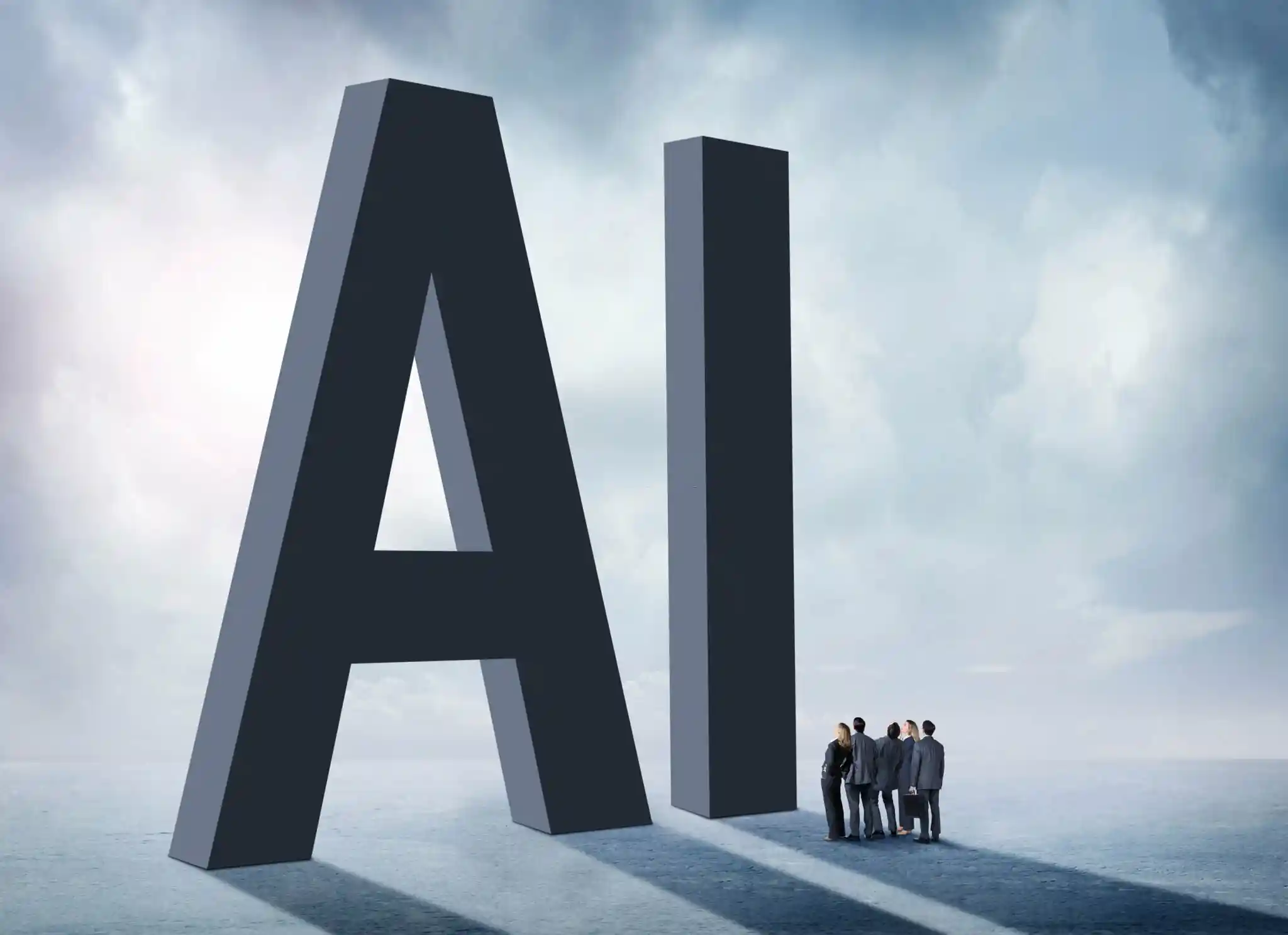Certainly! The ethics of Artificial Intelligence (AI) is a critical and evolving field that deals with the moral considerations surrounding the development and deployment of AI technologies. Here are key ethical principles associated with AI:
- Fairness and Bias Mitigation: Ensuring that AI systems are fair and do not perpetuate or amplify biases is crucial. Developers should actively work to identify and address bias in training data and algorithms to prevent discriminatory outcomes.
- Transparency and Explainability: This transparency fosters trust and accountability, allowing individuals to understand and challenge the outcomes of AI algorithms.
- Privacy Protection: Ethical AI practices involve respecting user privacy, obtaining informed consent for data usage, and implementing robust security measures to safeguard sensitive information.
- Accountability and Responsibility: Establishing accountability for AI decisions and actions is essential. Developers, organizations, and other stakeholders should be held responsible for the impact of AI systems, and mechanisms for addressing errors or unintended consequences should be in place.
- Human Autonomy and Control: Human oversight and control over AI decisions should be preserved to prevent undue reliance on autonomous systems.
- Security and Robustness: AI systems must be secure and resilient against malicious attacks. Ethical AI development involves implementing measures to prevent unauthorized access, manipulation, or exploitation of AI technologies.
- Informed Consent: Users should be informed about how their data will be used in AI applications, and consent should be obtained before data is collected. Clarity in communication helps individuals make informed decisions about their data.
- Social Impact Considerations: Ethical AI development should take into account the broader societal implications. This includes addressing issues such as job displacement, economic inequality, and the potential impact of AI on various communities.
- Environmental Sustainability: Acknowledging the environmental impact of AI computations, ethical practices include efforts to develop energy-efficient AI models and systems to minimize the carbon footprint associated with AI technologies.
- International Collaboration: Given the global nature of AI development, international collaboration is crucial. Ethical standards, guidelines, and best practices should be established collaboratively to ensure consistency and accountability across borders.
Promoting ethical AI involves a combination of technical, legal, and societal considerations. Ongoing dialogue among technologists, policymakers, ethicists, and the public is essential to navigate the ethical challenges and ensure that AI technologies align with human values and contribute positively to society.
